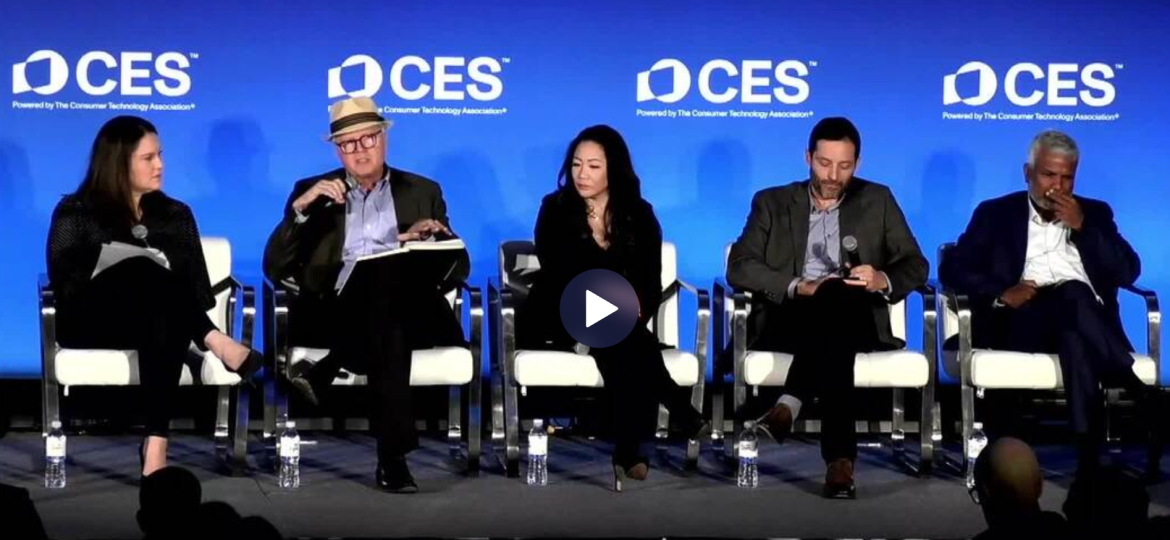The Qubits 2025 conference reinforced the strong position of D-Wave in quantum annealing and their partnerships. D-wave has announced many recent advancements in quantum computing, including their recent claim of Quantum Supremacy. The conference included industry leaders discussing the state of the field, its challenges, and emerging applications. Dr. Baratz, CEO of D-Wave, delivered a keynote highlighting the company’s record revenue while critiquing the tech industry for spreading misinformation about quantum computers.
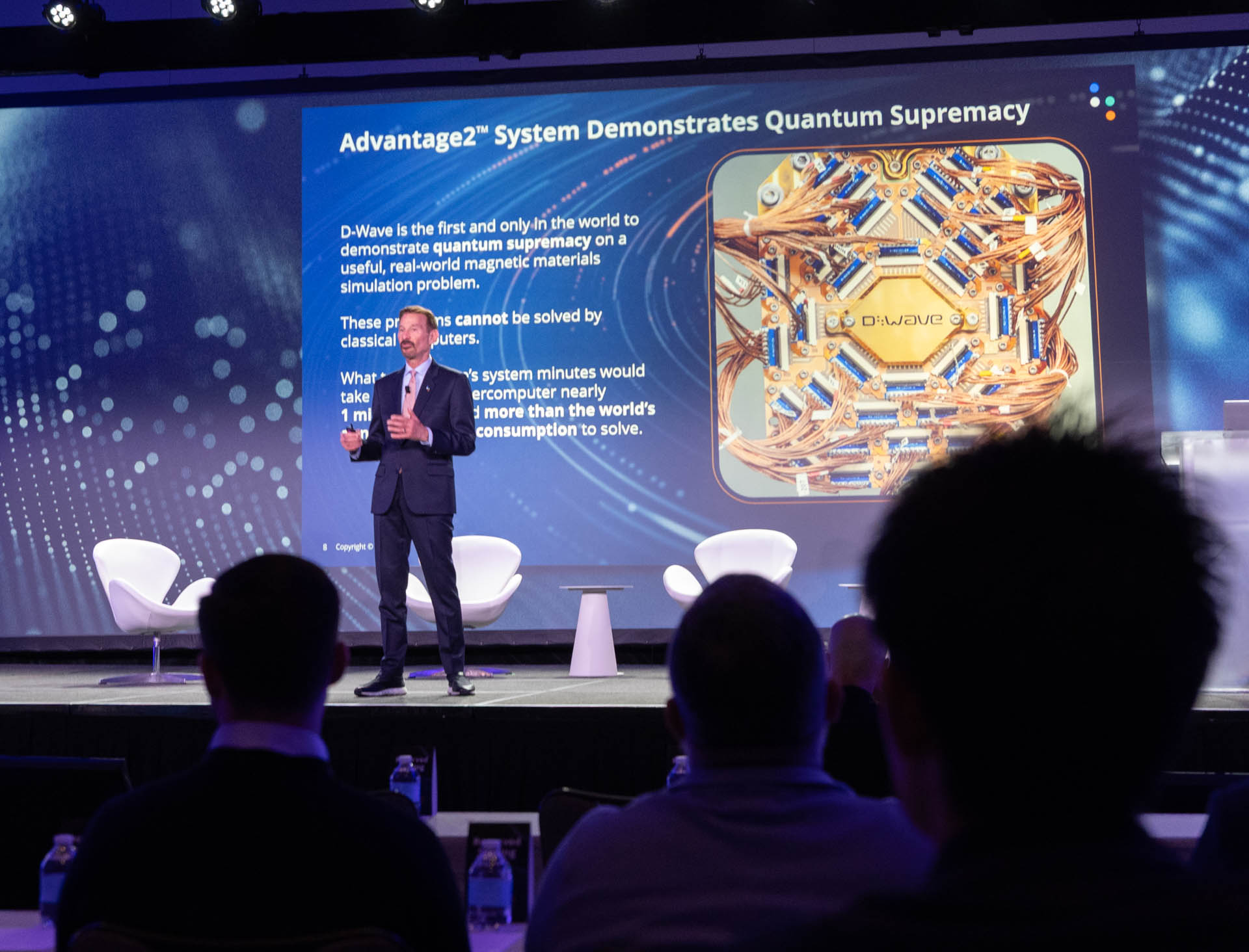
He acknowledged the controversy surrounding claims of quantum supremacy, noting that such assertions often attract scrutiny and skepticism. Despite this, D-Wave remains committed to advancing its technology, aiming for a system with 100,000 qubits in the near future.
During the opening Keynote, Baratz acknowledged the headwinds faced from other tech leaders.
They [tech companies] are spewing misinformation about quantum — Alan Baratz
A key theme of the conference was how to measure the practical usefulness of quantum computers. Experts emphasized three crucial metrics: computational power, system reliability, and real-world applicability. In 2025, significant strides have been made in gate-model qubits, including scalable cryogenic control of gates and an impressive 99.99% uptime for quantum systems, marking a step toward more reliable and accessible quantum computing.
Related to the quantum supremacy claim, Baratz explained that with groundbreaking research, there is often pushback.
You get a big target on your back — Alan Baratz
Speakers from various industries discussed new applications of quantum technology. Jay Lowell of Boeing emphasized the potential for quantum optimization in aviation. With jets and planes requiring millions of parts and complex assembly processes, delays are common. He suggested that quantum computing could streamline these processes, improving efficiency and scheduling. Lowell noted, “The ceiling is higher than we expected, and the floor is lower,” highlighting the vast, yet unpredictable, potential of quantum computing.
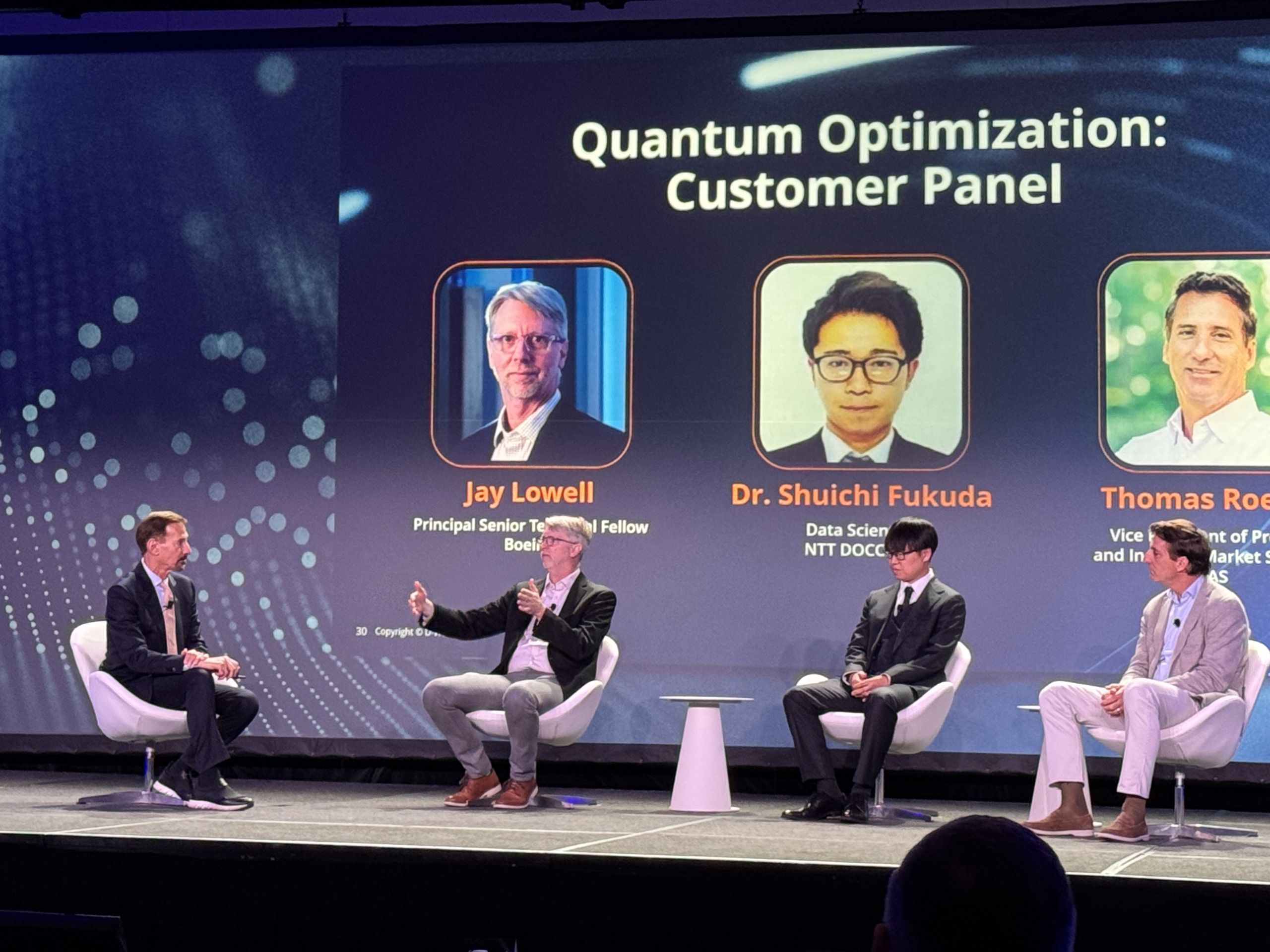
Yukiko Fukuda, a research scientist, discussed the role of quantum computing in telecommunications, particularly in optimizing cell towers and managing traffic flow to enhance network efficiency. Another major area of interest is the intersection of quantum computing and artificial intelligence, where quantum-powered AI model training could lead to a 1,000x reduction in energy consumption. In materials discovery, quantum simulations are accelerating research, with Japan Tobacco leveraging molecular modeling to develop better pharmaceutical options. Additionally, blockchain security is seeing new potential enhancements through quantum cryptography.
We are impressed with D-wave and will be doing more business – Thomas Roehm, SAS
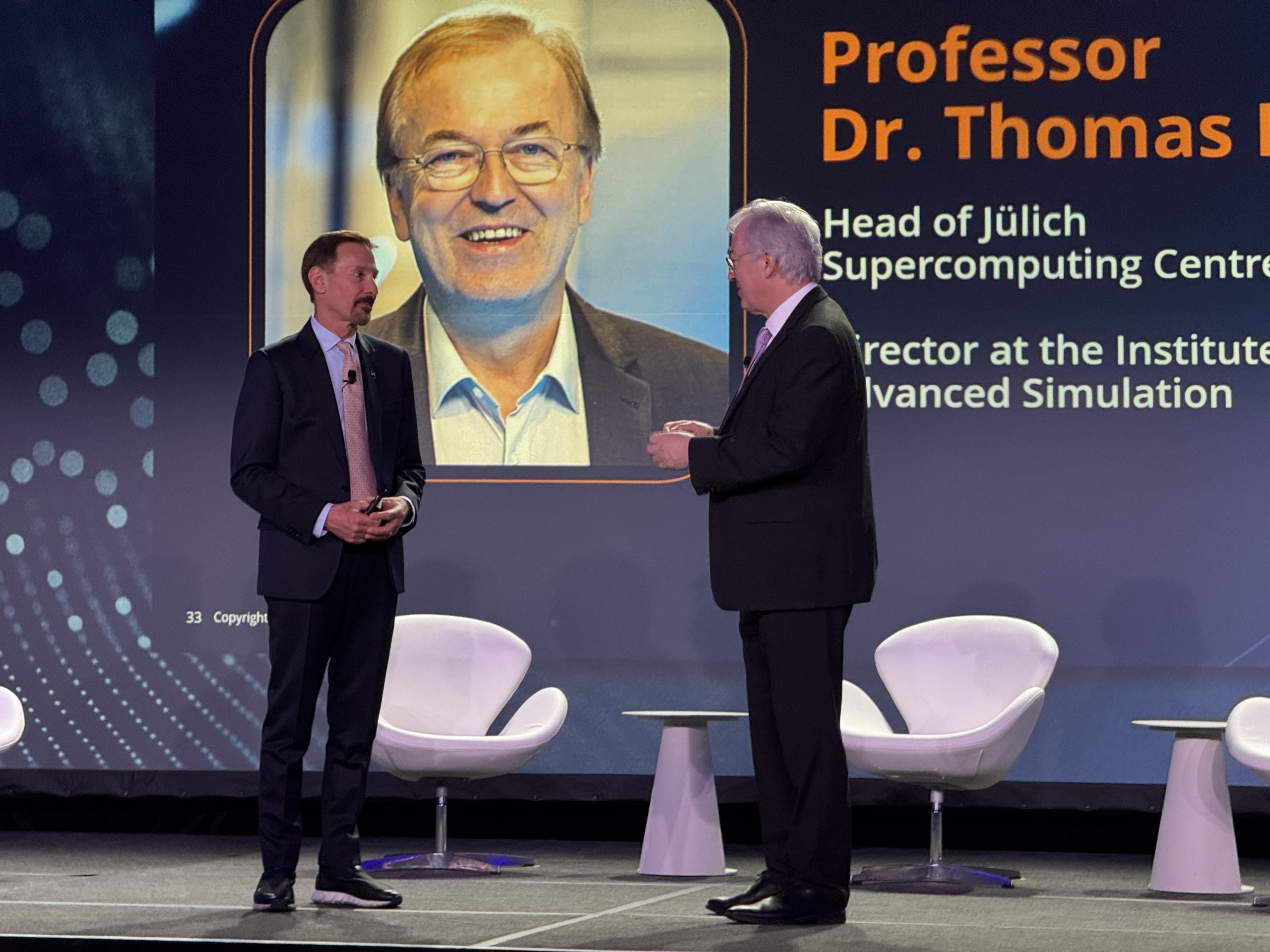
Baratz emphasized the potential of integrating quantum computing with high-performance computing (HPC). The Julich Supercomputing Center (JSC) currently operates a 5,600-qubit system, and D-Wave aims to collaborate with JSC to develop tightly integrated quantum-HPC solutions. Their efforts focus on optimizing airplane routes, advancing quantum machine learning, and enhancing quantum simulation. This initiative is part of a broader quantum adoption strategy that involves launching quantum cloud services, expanding quantum programs, and eventually implementing on-premises quantum solutions.
The Ceiling is higher than we expected with quantum computing — Jay Lowell, Boeing
One of the biggest challenges to quantum advancements remains energy consumption. Energy-efficient computing is crucial for tackling complex problems sustainably. The conference highlighted the Jupiter-JSC exascale computing strategy, which blends AI simulation, quantum computing, and neuroscience-inspired models. Powered by hydrogen and wind turbines, Jupiter has the potential to revolutionize climate and weather forecasting.
Quantum computing is energy efficient computing for solving hard problems — Alan Baratz
As the industry moves forward, Qubits 2025 showcased a rapidly evolving quantum landscape with real-world applications coming into focus. With increasing investment, technological breakthroughs, and interdisciplinary collaboration, quantum computing is poised to transform industries at an accelerating pace. The progress seen at this conference signals a future where quantum systems will solve previously intractable problems, redefine computation, and drive innovation across science, technology, and industry. The quantum revolution is no longer a distant dream—it is unfolding now, and D-wave is leading the charge.






